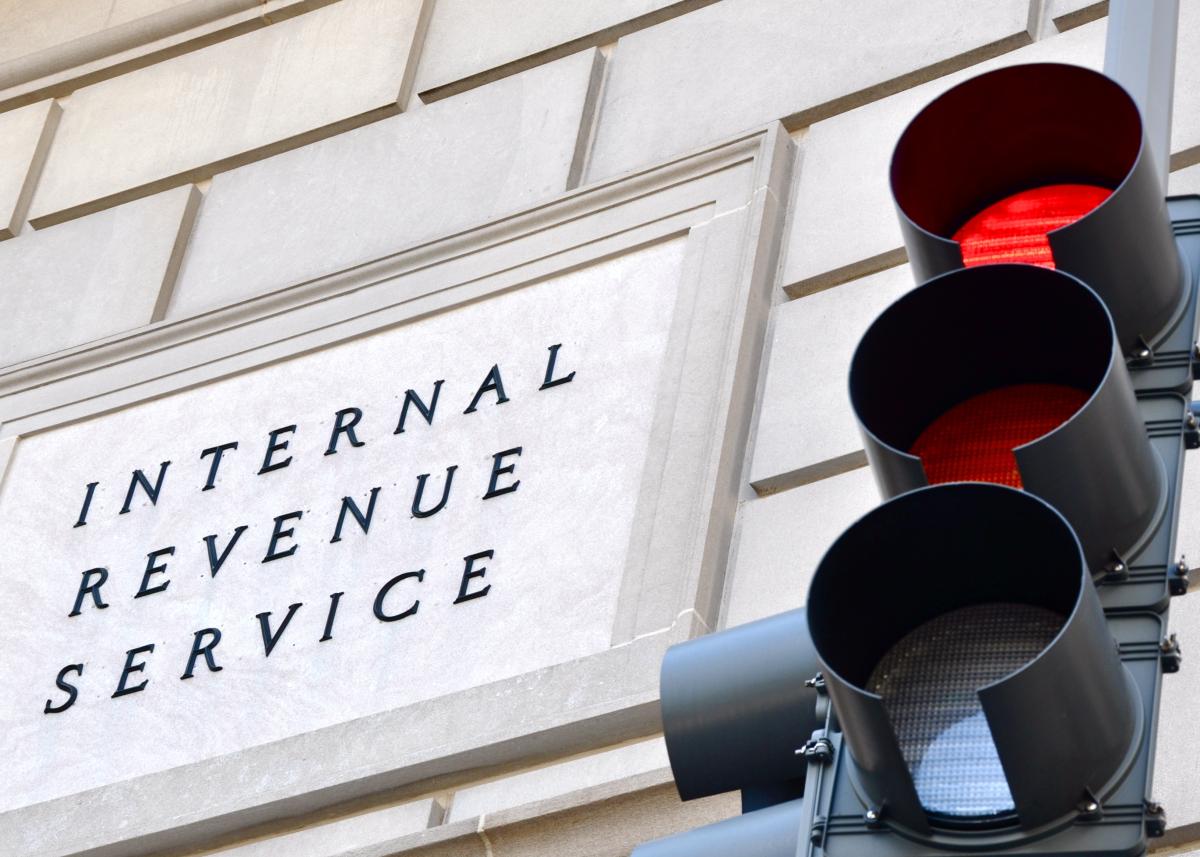 Though final regulations are still pending, the Department of Treasury and Internal Revenue Service (IRS) have essentially reaffirmed guidance for DC plans on required minimum distributions (RMDs), addressing questions surrounding the 10-year distribution rules under the SECURE Act and providing relief for certain beneficiaries who did not take an RMD in 2021 and/or 2022.
Though final regulations are still pending, the Department of Treasury and Internal Revenue Service (IRS) have essentially reaffirmed guidance for DC plans on required minimum distributions (RMDs), addressing questions surrounding the 10-year distribution rules under the SECURE Act and providing relief for certain beneficiaries who did not take an RMD in 2021 and/or 2022.
The IRS provides in Notice 2022-53 that a DC plan that failed to make a “specified RMD” (a limited category of RMDs owed following a participant’s death, as defined in the notice) will not be treated as having failed to satisfy Internal Revenue Code Section 401(a)(9) because it did not make that distribution.
What’s more, to the extent a taxpayer did not take a specified RMD, the IRS says it will not assert that an excise tax is due under IRC Section 4974. “If a taxpayer has already paid an excise tax for a missed RMD in 2021 that constitutes a specified RMD, that taxpayer may request a refund of that excise tax,” the notice advises.
More specifically, in Notice 2022-53, Treasury and IRS provided guidance for DC plans and certain taxpayers who did not take a specified RMD for 2021 and 2022 under Section 401(a)(9). In the Notice, Treasury and IRS also said they intend to issue final regulations related to RMDs under Section 401(a)(9) that will apply no earlier than the 2023 distribution calendar year.
Background
The IRS last February issued a proposed rule addressing the RMD requirements for plans qualified under IRC Section 401(a) to reflect provisions of the SECURE Act enacted in 2019. Among other things, the SECURE Act eliminated the so-called “stretch IRA,” which had permitted lifetime distributions to certain beneficiaries with respect to inherited DC plan and IRA balances. Under the legislation, inherited DC plan and IRA balances generally required to be distributed to a beneficiary by the end of the 10th calendar year following the year of the participant’s or IRA owner’s death, but certain exceptions are provided.
Among other things, the proposed regulations addressed issues relating to the new 10-year rule in Section 401(a)(9)(H) of the Code. The proposed regulations regarding RMDs under Section 401(a)(9) had also specified that, when finalized, the regulations would apply beginning with the 2022 distribution calendar year—a date which now appears to be pushed back by a year.
Misunderstandings
The IRS explains that, during the 90-day comment period for the proposed regulations, commenters, including ARA, submitted comments indicating the industry and taxpayers widely believed the new 10-year rule would apply differently than what was in the proposed regulations.
Specifically, the IRS noted that commenters believed that, regardless of when the participant/IRA owner died, the new 10-year rule would operate like the previous 5-year rule, under which no RMD would be due for a calendar year until the end of the 5- or 10-year period following the year of death. Commenters in those situations who are heirs or beneficiaries of individuals who died in 2020 explained that they did not take an RMD in 2021 and are unsure of whether they would be required to take an RMD in 2022.
Commenters, including ARA, contended that—if final regulations adopt the interpretation of the 10-year rule set forth in the proposed regulations—Treasury and IRS should provide transition relief for failure to take distributions that are RMDs due in 2021 or 2022 pursuant to section 401(a)(9)(H) in the case of the death of an employee (or designated beneficiary) in 2020 or 2021.
Specified RMDs
IRS responded to the request of ARA and others—providing welcomed relief and potentially signaling that the interpretation of the 10-year rule in the proposed regulations will be ultimately adopted.
The IRS provided relief to plans and taxpayers only for a “specified RMD,” which is defined as any distribution that—under the interpretation included in the proposed regulations—would be required to be made under Section 401(a)(9) in 2021 or 2022 under a DC plan or IRA that is subject to the rules of 401(a)(9)(H) for the year in which the employee (or designated beneficiary) died if that payment would be required to be made to:
- a designated beneficiary of an employee under the plan (or IRA owner) if: 1) the employee (or IRA owner) died in 2020 or 2021 and on or after the employee’s (or IRA owner’s) required beginning date, and 2) the designated beneficiary is not taking lifetime or life expectancy payments pursuant to section 401(a)(9)(B)(iii); or
- a beneficiary of an eligible designated beneficiary (including a designated beneficiary who is treated as an eligible designated beneficiary under Section 401(b)(5) of the SECURE Act) if: 1) the eligible designated beneficiary died in 2020 or 2021, and 2) that eligible designated beneficiary was taking lifetime or life expectancy payments under IRC Section 401(a)(9)(B)(iii).
Notice 2022-53 will be in IRB: 2022-44, dated October 31, 2022.

